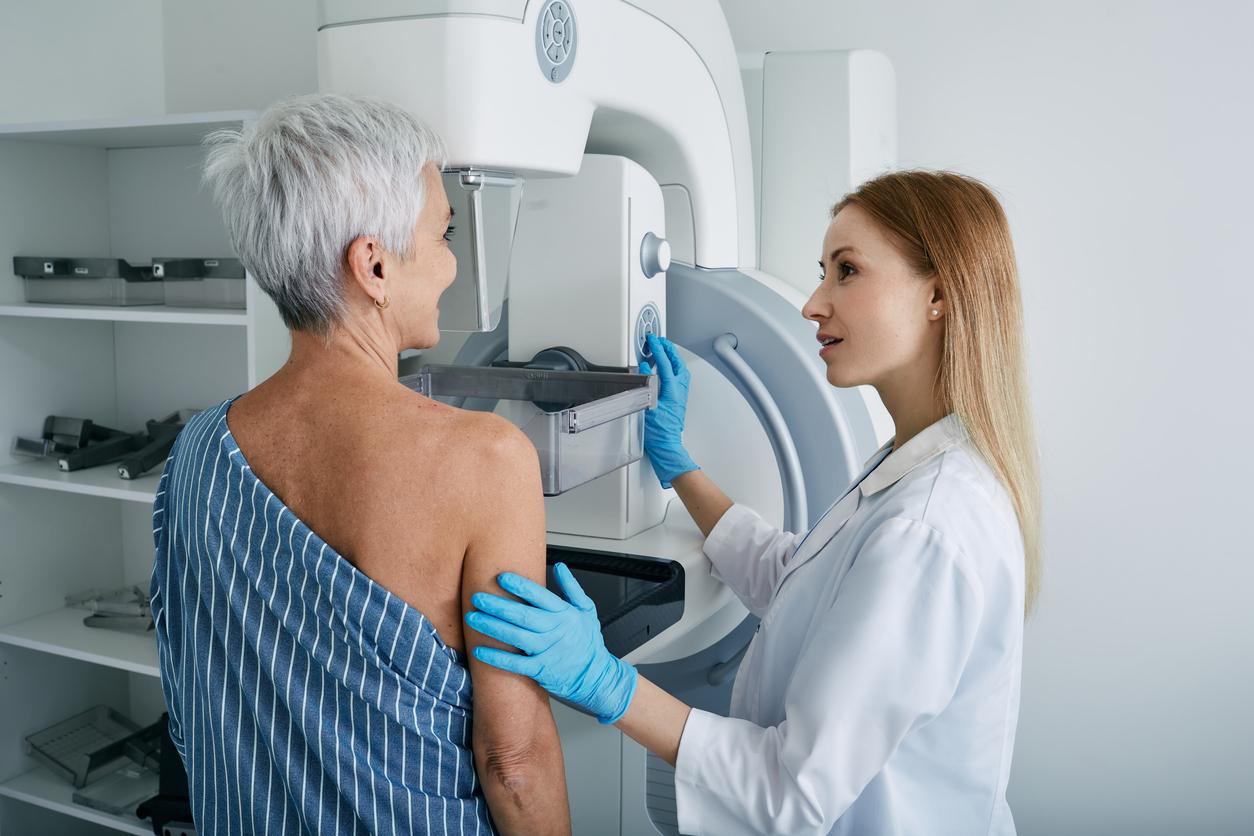Fruit juices without added sugar are also concerned.

Dangerous for the liver, accused of increasing the risk of stroke or promoting obesity: sugary drinks are singled out. A new study links the consumption of these beverages to the risk of cancer. The results were published in the British Medical Journal.
A French study
The research was conducted by French researchers from the Nutritional Epidemiology Research Team (EREN / Inserm / Inra / Cnam / Paris 13 University). To carry out their work, they relied on the NutriNet-Santé cohort. The latter was created in 2009 to analyze the relationship between health and food. Nearly 160,000 participants answered the questionnaires on the website.
This study reports a possible association between higher consumption of sugary drinks and an increased risk of cancer. While cautious interpretation is needed, the findings support existing recommendations to limit sugary drink consumption, say researchers https://t.co/FtmeMI4sei
— The BMJ (@bmj_latest) July 11, 2019
A particularly high risk of breast cancer
For this research, 101,257 people were selected. Their answers made it possible to determine their average consumption of different sugary drinks: sodas, syrups, fruit juices without added sugar, sports drinks or even energy drinks. In parallel, the team studied the risk of breast, prostate, colorectal cancer and the overall risk.
Researchers find that drinking sugary drinks is associated with a higher risk of cancer, particularly breast cancer. Drinking an additional 100 mL of a sugary drink each day increases the risk of suffering from cancer in general by 18% and the risk of suffering from breast cancer by 22%. These results are also valid for fruit juices without added sugar.
No proven causal link
The study carried out is observational, that is to say that it makes it possible to note a correlation between the consumption of this type of drink and the risk of cancer, but it does not define a cause and effect relationship. However, the researchers consider that these beverages could be the cause since other studies have shown the effects of high blood sugar levels and the presence of inflammation on the risk of cancer.
They point out that their study was carried out mainly with women, of a higher socio-professional level than the French average and aware of the need for a healthy diet. “This may have resulted in a lower incidence of cancers (in the group) compared to national estimates,” they point out.
The soda tax: a good idea?
“These data are important in a public health context where the soda tax is debated at national and international level, adds the press release. They support the interest of the nutritional recommendations of the National Nutrition Health Program (PNNS) which aim to limit the consumption of sugar-sweetened beverages, including 100% fruit juices, as well as policy measures.”
In France, since July 1, 2018, sugary drinks are taxed according to the sugar they contain. Some manufacturers have already modified their recipes to avoid an increase in the price of their products. In the United States, a similar tax has reduced the consumption of sugary drinks by 40% in the city of Philadelphia.

.

















